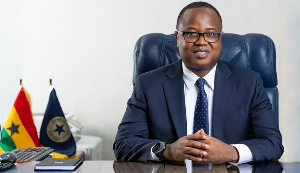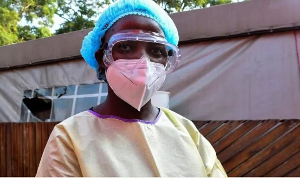Ghana is ramping up its efforts to tackle the HIV/AIDS crisis affecting its most vulnerable groups, including female sex workers and men who have sex with men. While the country's overall HIV prevalence remains relatively low, key populations (KPs) face disproportionately high rates of infection, exacerbated by barriers to accessing healthcare such as breaches of privacy, stigma, harassment, and discriminatory policies.
A major challenge lies in the mobile and clandestine nature of KPs' work, which complicates regular HIV testing and timely diagnosis. Additionally, there is a shortage of trained healthcare providers and tailored services for these groups, and safety concerns further impede access to care in hotspot areas.
In response, health experts are advocating for innovative solutions like peer navigation, strengths-based case management, and the creation of drop-in centers, which have shown promise in engaging KPs more effectively than traditional outreach methods. The Ghana AIDS Commission is also updating its communication materials to focus on reducing stigma and discrimination, and has launched several targeted interventions, including enhanced peer education and community outreach.
Dr. Jemima Silas, a leading health expert in Ghana's Central Region, is at the forefront of this transformative approach. Her strategy integrates peer education with a centralized healthcare delivery model, resulting in a significant increase in HIV-positive individuals being identified and linked to treatment. Dr. Silas's efforts have also included free enrollment in the national health insurance scheme, which has improved access to comprehensive HIV care.
Her work has had a profound impact on reducing stigma and encouraging timely HIV testing and care among KPs. By streamlining access to services and enhancing community awareness through multilingual educational materials, Dr. Silas has fostered improved health-seeking behaviors and better health outcomes for those living with HIV/AIDS.
As Ghana strives to meet UNAIDS' 95-95-95 targets, Dr. Silas is calling for a collaborative approach to scale successful interventions. Coordinated efforts among organizations, healthcare providers, and communities are deemed essential to achieving sustainable health improvements and combating HIV/AIDS on a global scale.
Opinions of Monday, 29 July 2024
Columnist: Cyril O Mensah



















